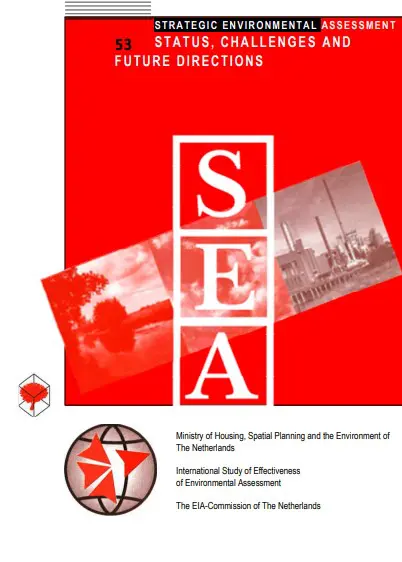How to prepare for a Strategic Environmental Assessment
This short animation covers three key aspects in the preparatory phase of an SEA (EN/FR/ES).
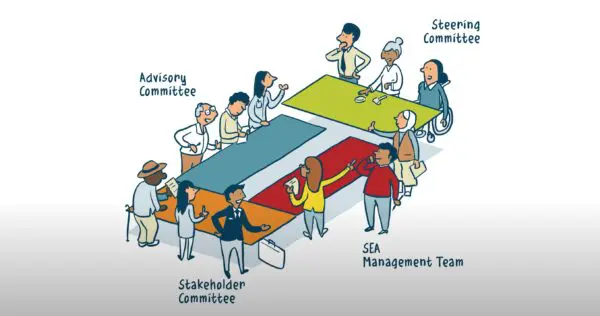
This short animation covers three key aspects in the preparatory phase of an SEA (EN/FR/ES).

SEA supports the planning process of complex decisons concerning policies, programmes, or plans (EN/FR/ES).
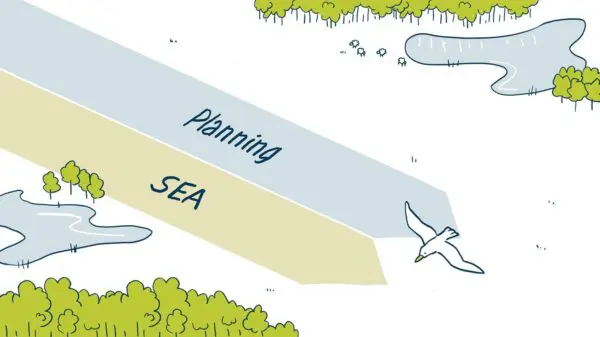
The purpose of the screening phase is to determine whether a project requires an ESIA.
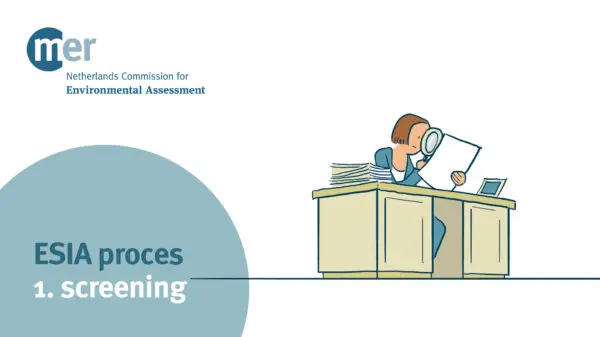
Scoping aims to identify the issues that really matter in an ESIA.
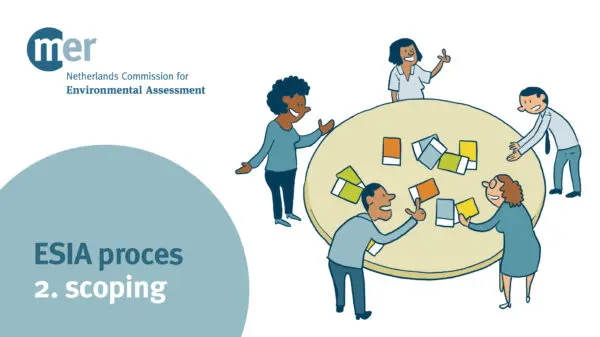
The assessment is about gaining a full understanding of the project's impacts and its alternatives.
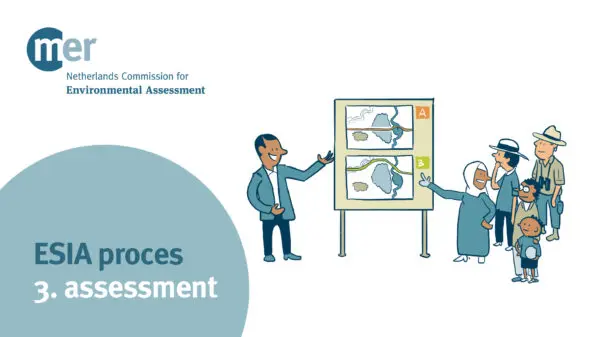
The objective of the review phase is to verify if the ESIA report is complete and relevant for decision-making.
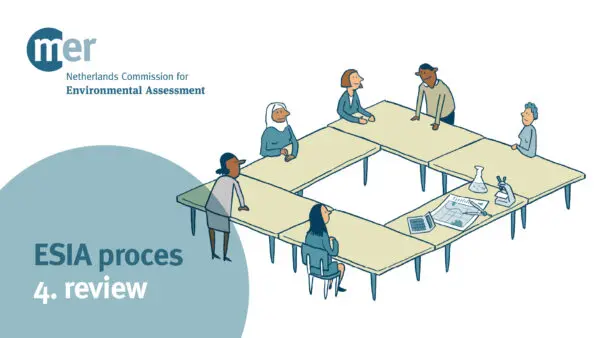
Decision-making as the fifth step of an ESIA process is about approval of the ESIA and issuing permitting conditions.
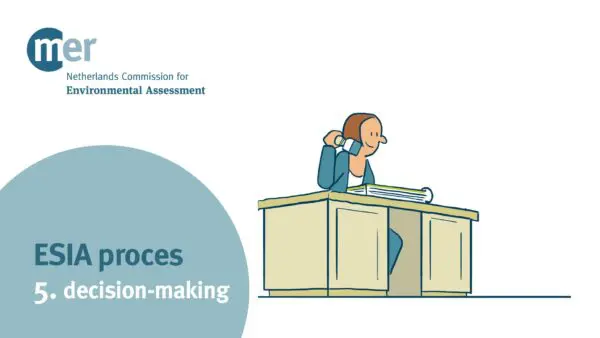
Follow-up is about how impacts of a project are managed, monitored, evaluated, and communicated.
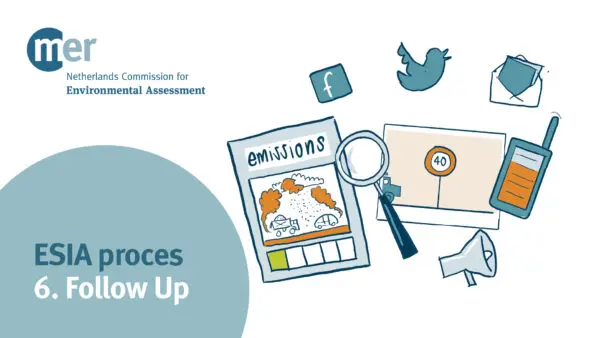
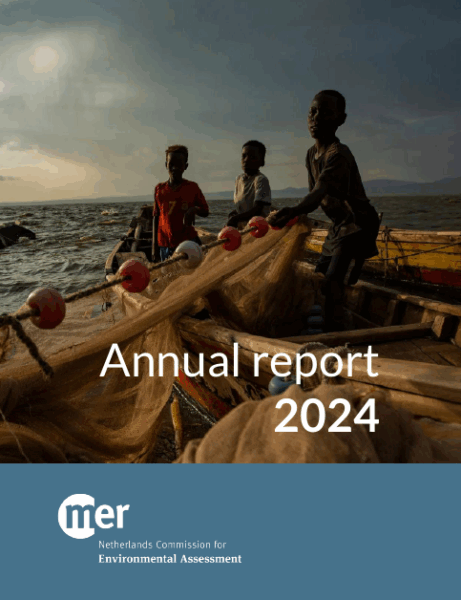
The case of the North Sea shows how environmental assessment can help to find a good balance between growing offshore wind...
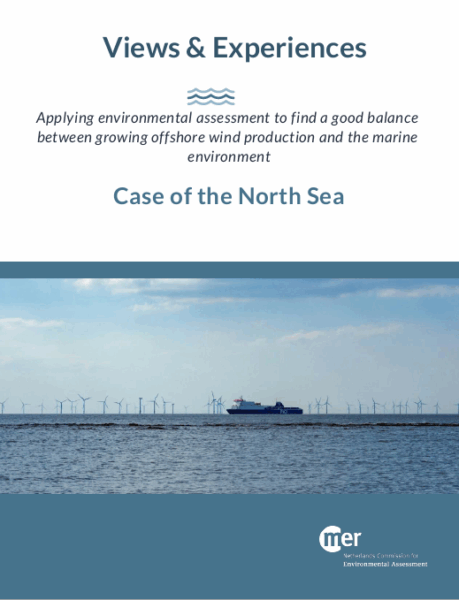
Enviornmental assessment in relation to mitigating impacts of onshore and off-shore wind energy development.
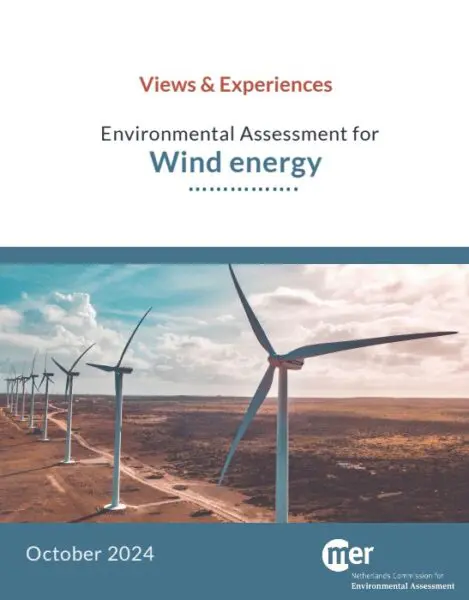
This report provides analysis and case studies that highlight how environmental assessments (SEA) can improve mining sector...
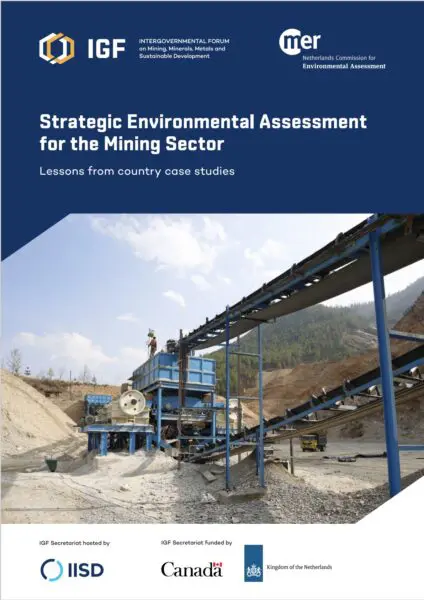
With this magazine, the international department of the NCEA marks its 30th Anniversay.
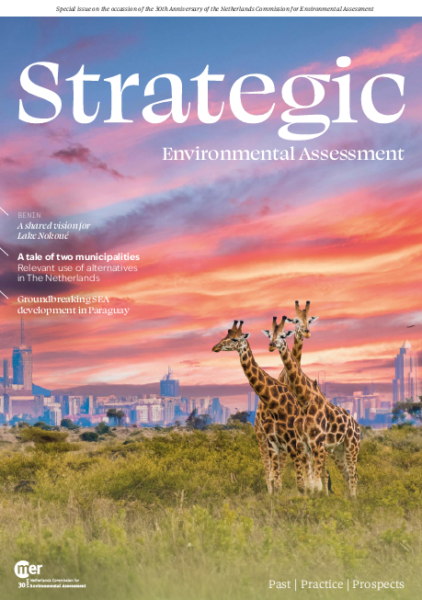
Publication, substantiated with 5 cases, on how to work towards a more sustainable hydropower sector with the use of SEA.
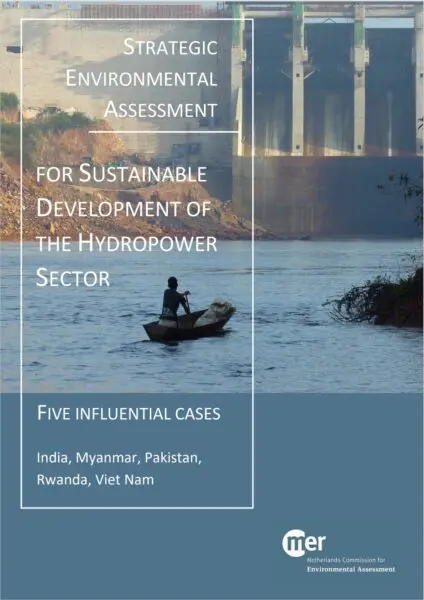
An overview of ten cases on ESIA and SEA in landscape management, published in the framework of the SRJS programme.
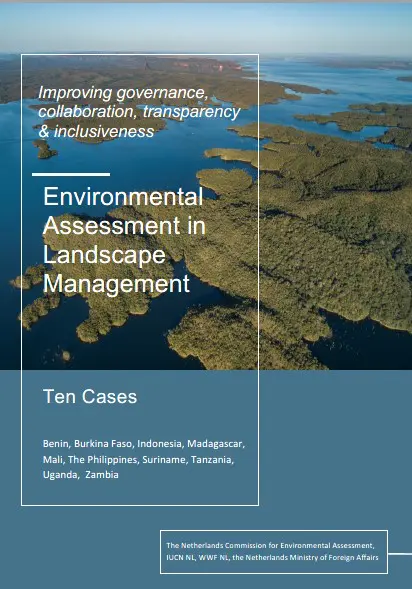
The NCEA developed four illustrations of mainstreaming biodiversity in environmental assessment. This one is on infrastructure.
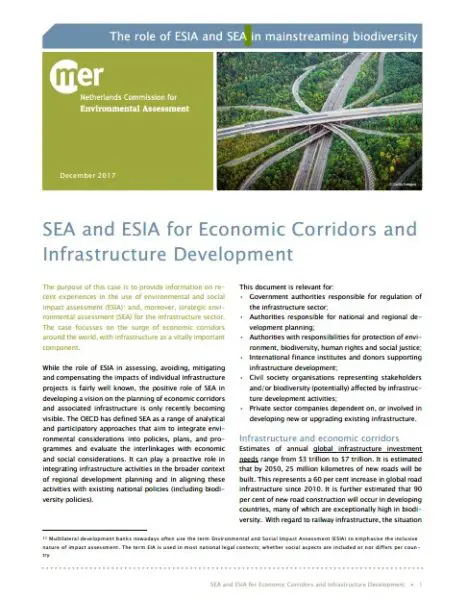
The NCEA developed four illustrations of mainstreaming biodiversity in environmental assessment. This one is on spatial planning.
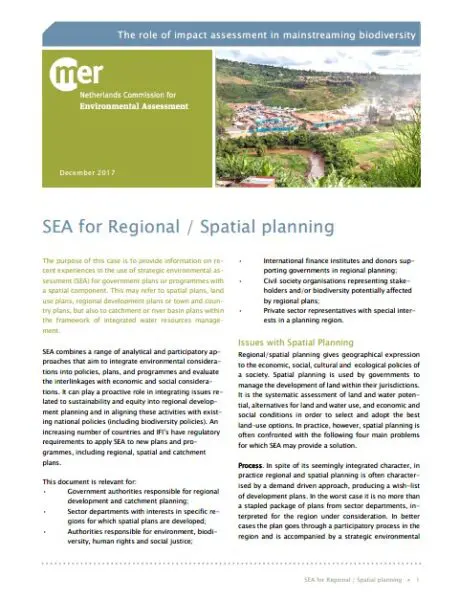
The NCEA developed four illustrations of mainstreaming biodiversity in environmental assessment. This one is on hydropower.
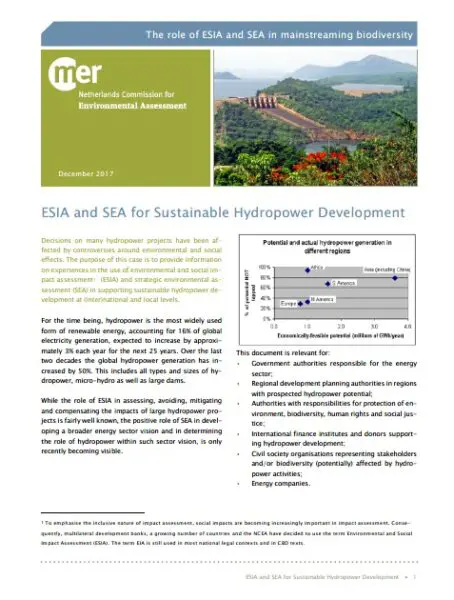
The NCEA developed four illustrations of mainstreaming biodiversity in environmental assessment. This one is on mining.
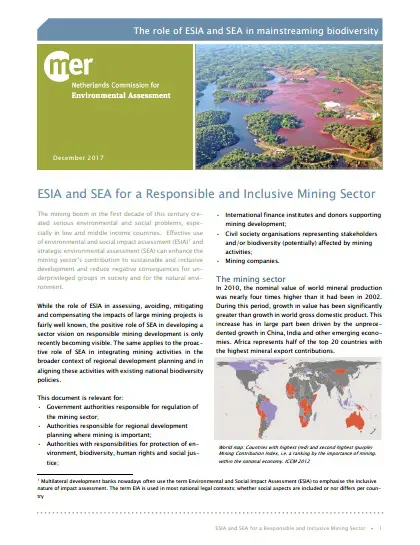
Twelve case examples where environmental assessment has contributed to climate -smart development.
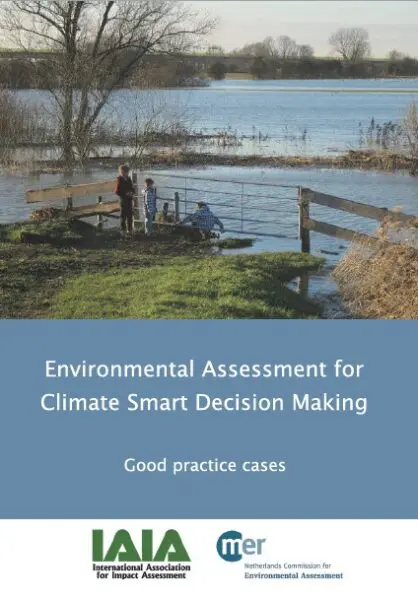
Environmental and social assessment can help make good decisions about green hydrogen investments. Read more!
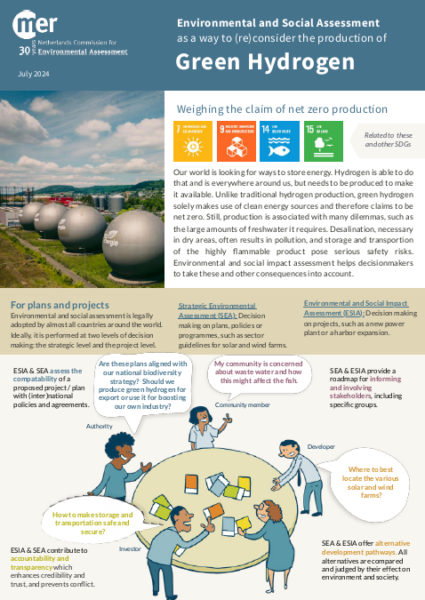
Learn how environmental impact assessment can help you to plan for climate adaptation.
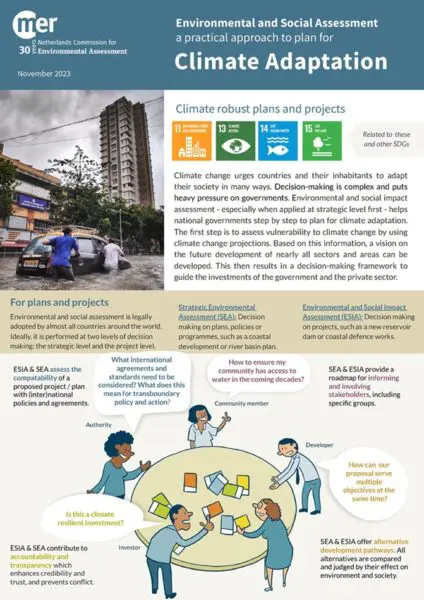
ESIA is a powerful starting point to map the risks and opportunities for supplying countries of minerals and metals.
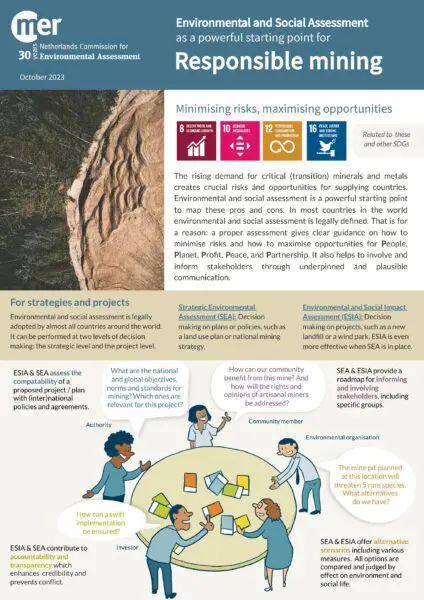
ESIA helps governments to apply good governance principles in every phase of project or plan development.
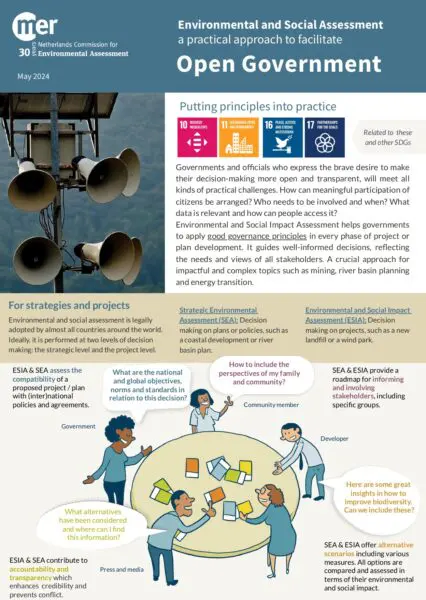
In this webinar we discuss lessons learnt and recommendations based on an evaluation of SEAs for hydropower development.
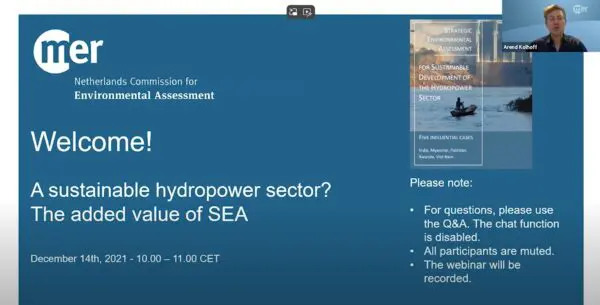
Webinar about factors of success for good ESIA follow-up and basic elements of a quality Environmental and Social Management Plan.
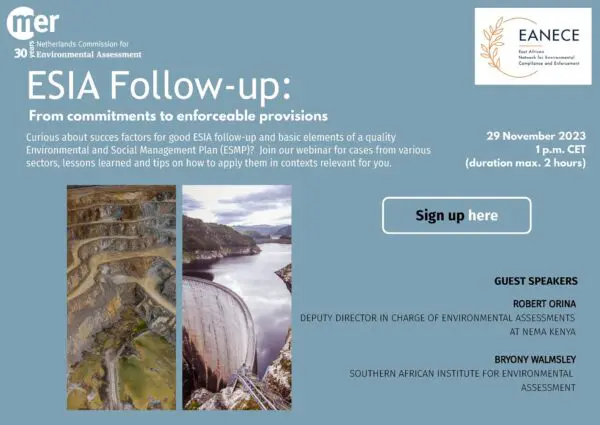
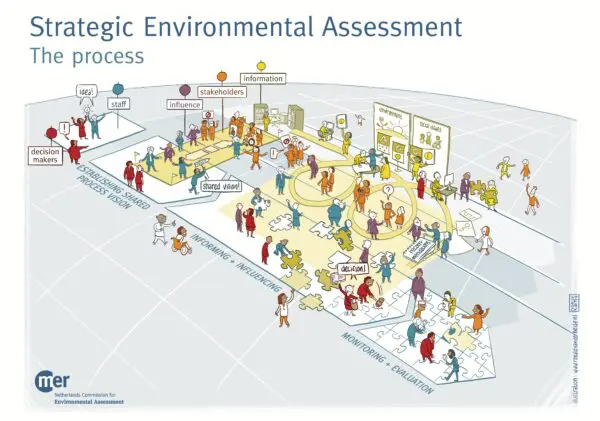
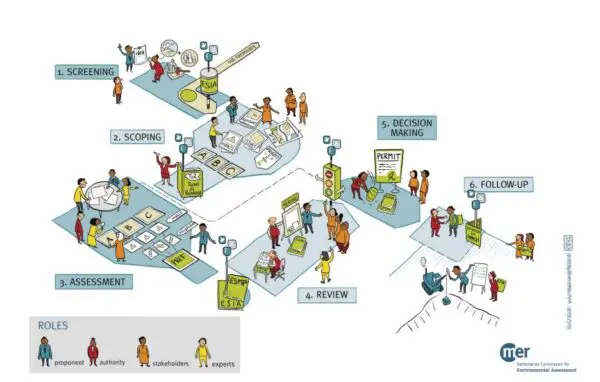
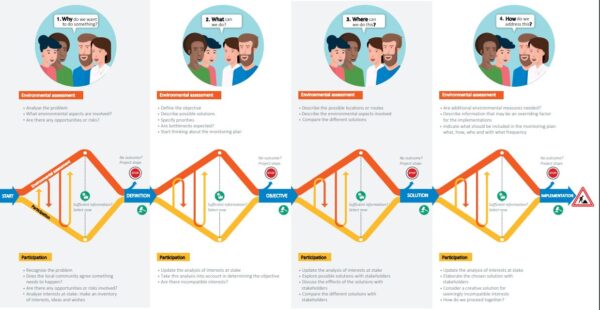
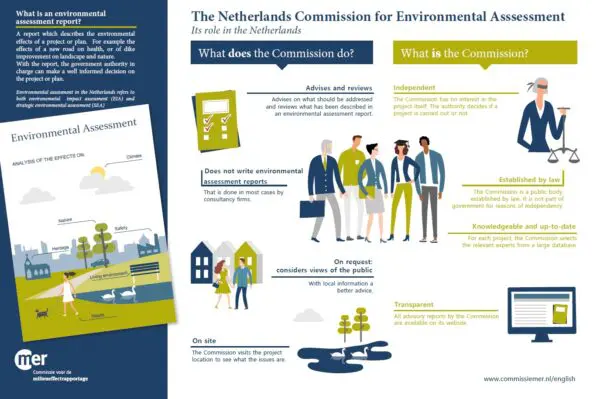
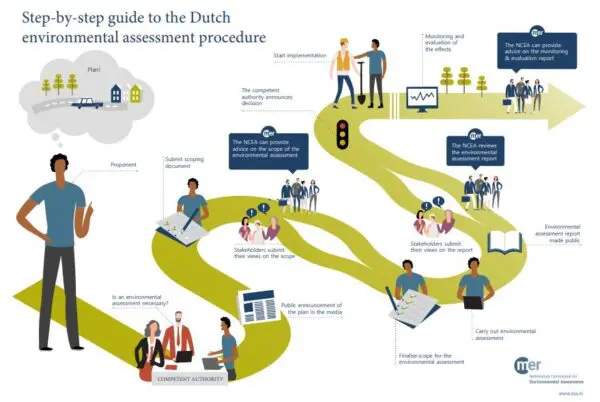
25 years after publishing ‘SEA – Status, Challenges and Future Directions’, Sadler and Verheem revisit the state of SEA.
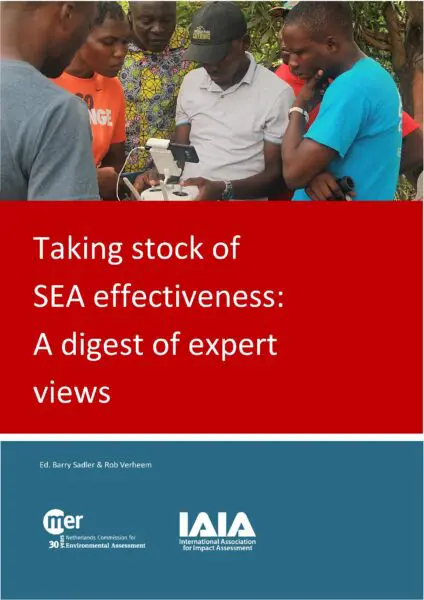
This report (Sadler & Verheem, 1996) documents the state of affairs of Strategic Environmental Assessment in its early days.
